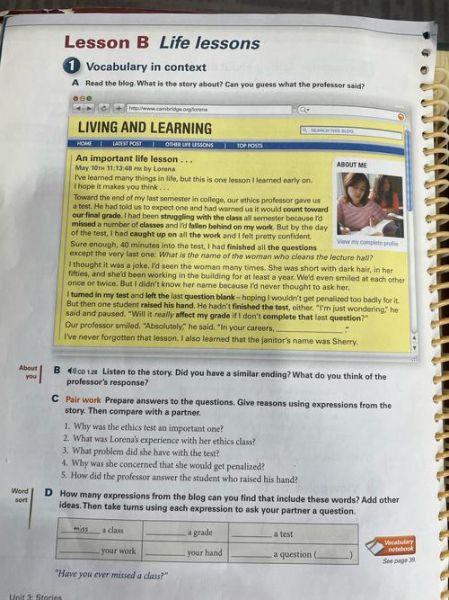Start with daily micro-writing: ten lines of reflection, a tweet-length summary, or a bullet-point diary. **Consistency beats intensity** when you want to sharpen your craft.

Why Do Most Learners Stall at Intermediate Level?
They recycle the same safe phrases. The brain loves efficiency, so it defaults to “I think,” “very good,” “a lot of.” **Breaking this loop requires deliberate exposure to fresh patterns**.
Question: How many new phrases should I aim to master per week?
Fifteen is the sweet spot. Five for argument, five for description, five for transition. Review them every morning for ninety seconds; by Sunday they will feel native.
Core Phrase Banks That Elevate Any Essay
1. Opening Gambits That Hook
- **Against the backdrop of…**
- **Few would dispute that…**
- **In an era defined by…**
2. Layering Evidence
- **This is best exemplified by…**
- **Empirical data lend credence to…**
- **A longitudinal study reveals…**
3. Sophisticated Concession
- **While the counterargument carries weight, it overlooks…**
- **Admittedly,…; nevertheless,…**
Micro-Drills: Turn Passive Recognition into Active Production
Drill 1 – Sentence Stretcher
Take “The policy is effective.” Expand it to: **“Although initially controversial, the policy has proven remarkably effective in curbing urban congestion.”**
Drill 2 – Perspective Flip
Rewrite any claim from the opposite angle using **“Conversely,…”** or **“From an alternative vantage point,…”**
Drill 3 – Zero-Draft Timed Sprint
Set a timer for eight minutes. Write a mini-essay using at least six new phrases. **Do not stop to edit; momentum wires the patterns into memory.**

Common Pitfalls and Quick Fixes
Pitfall: Overstuffing
Cramming every learned phrase into one paragraph feels forced. **Aim for one standout expression per 60–70 words.**
Pitfall: Misregister
“Henceforth” in a casual blog post jars the reader. **Match lexical weight to context**.
Pitfall: Neglecting Collocation
“Make a research” is wrong; **“conduct research”** is the accepted pairing. Use online corpora to verify.
From Isolated Phrases to Cohesive Flow
Step 1 – Mind-Map the Essay Skeleton
Place your thesis in the center. Branch out with **“Not only… but also…”** nodes to ensure balanced development.
Step 2 – Color-Code Transitions
Highlight every linking phrase in yellow. If two yellow marks sit closer than three sentences apart, **replace one with a more subtle device** such as pronoun reference or demonstrative “this.”
Step 3 – Read Aloud for Rhythm
Your ear catches clunky strings better than your eye. **Vary sentence length deliberately**: one short punchy line after a complex multi-clause sentence creates impact.
Question: Can reading fiction really improve academic writing?
Yes. Fiction trains nuance. Notice how authors like Ian McEwan deploy **“a fleeting impression that…”** or **“something akin to regret…”** These shades translate directly into persuasive commentary.
Building a Personal Corpus
Tool Stack
- **Skell** for authentic concordance lines
- **Notion database** to tag phrases by function
- **Anki deck** with cloze deletion cards
Weekly Routine Snapshot
- Monday: mine five phrases from The Economist leader
- Tuesday: craft three original sentences per phrase
- Wednesday: peer-review swap in a writing forum
- Thursday: record voice memos using the phrases
- Friday: publish a 200-word blog post
- Weekend: retrospective—retire two phrases that never felt natural
Advanced Layer: Rhetorical Devices in Disguise
Anaphora Without the Label
Instead of announcing “I will use anaphora,” simply write: **“We seek equity. We seek voice. We seek lasting change.”**
Metaphor Through Collocation
Rather than explicit “life is a journey,” opt for **“navigate adulthood,” “a career trajectory,” “emotional baggage.”** Readers absorb the metaphor subconsciously.
Question: How long before noticeable improvement?
Four weeks of daily fifteen-minute practice yields visible sophistication. **Track progress by comparing Week 1 and Week 4 zero-drafts**; the lexical range jump will speak for itself.
Final Pro Tip: Publish Under a Pseudonym
Removing identity pressure frees experimentation. Post on Medium or Reddit forums, gather feedback, then iterate. **Public accountability accelerates refinement without personal risk.**







还木有评论哦,快来抢沙发吧~